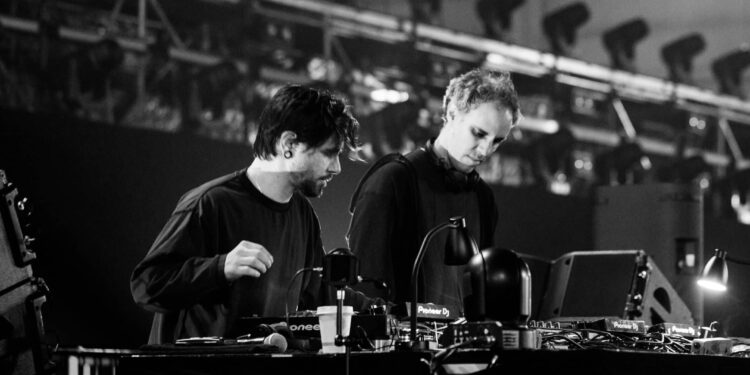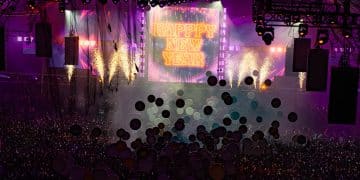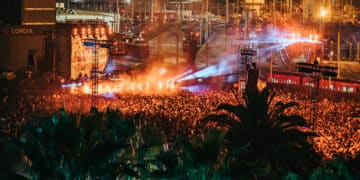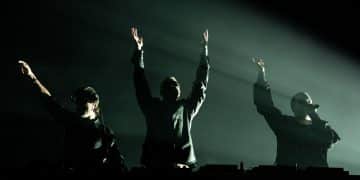ARC Music Festival wraps up a superb fourth year in true Chicago fashion: a bit rough around the edges.
Chicago‘s Union Park opened its gates once again to welcome a slew of diverse attendees to the fourth installment of ARC Music Festival. It capped off the end of a summer in which Auris Presents continued to elevate the fan experience, enticing all ravers to play hooky (if necessary) over Labor Day Weekend.
ARC Music Festival returned with its four unique stages: The Grid, Expansions, elrow, and Area 909. Each offered a distinct flavor of house and techno artists. Another highlight of the weekend was the beautifully intentional representation of queer and non-binary artists like Honey Dijon, Shaun J. Wright, DJ Holographic, and salute, acknowledging the significant correlation between house and techno music and the LGBTQ+ community.
Festival curators did an outstanding job with the schedule. The energy of each stage shifted effortlessly throughout the weekend, perfectly soundtracked for any given mood. This was a welcome departure from last year’s more rigid, genre-specific daily schedule at each stage.
But while this year saw mostly positive changes like shifting stages for better viewing angles, it wasn’t without challenges.
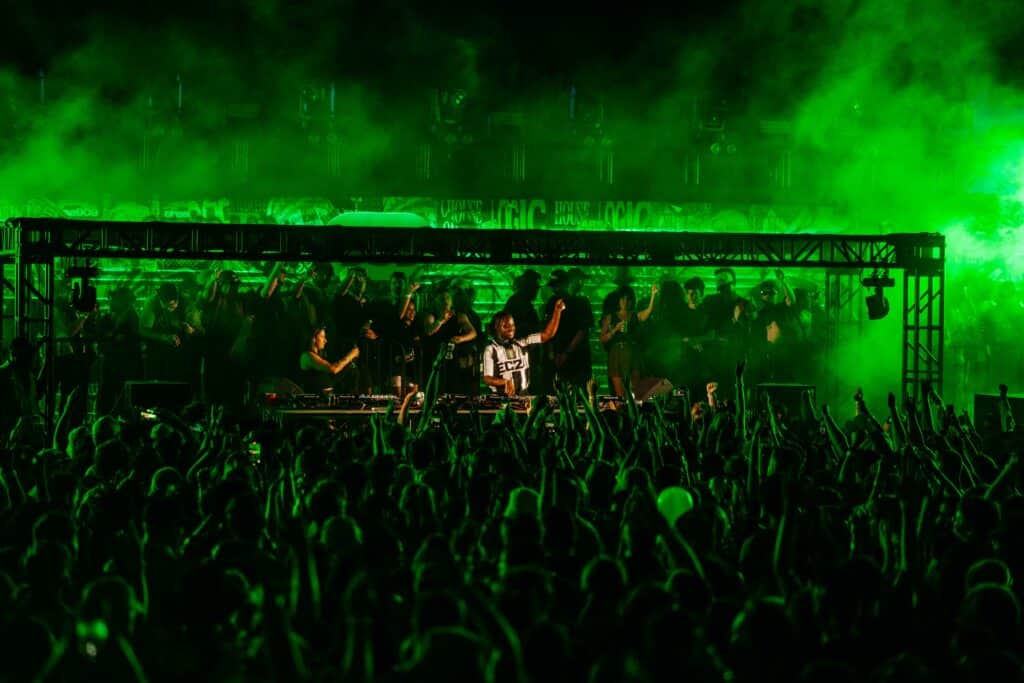
The first day of the three-day adventure certainly had a rocky start as there seemed to be various issues at every stage.
Though Area 909 made every attempt to bolster it’s mid and low frequencies, the bleed from elrow was drastic. Fans who happily trekked over to find a spot within earshot of their favorite artists muttered annoyances to themselves as they were forced to retreat from excessive bass doubling.
The DJ Heartstring b2b Partiboi69 set was fiery hot magma, however. It commanded the audiences’ attention with raw yet uplifting dance selections.
Production teams worked swiftly at Expansions to address a major complication. Improper audio routing prevented Reinier Zonneveld from a timely start; he instead took to the mic to request assistance from the production team. The 20-minute delay literally left fans to their own devices as they quickly took their complaints to social media.
Meanwhile, Meduza played through malfunctions as LED panels were stuck projecting a harsh white light for the first quarter of the set. Despite the programming being littered with technical difficulties, the artists handled both situations with poise, focusing on the crowd to deliver sets that highlighted night one.
Speaking of litter, it was a major problem throughout the weekend. The garbage cans near the entrance and exit gate were not adequate or accessible enough for an outdoor festival with four stages.
After the first three sets of each day, workers’ attempts to remove clutter from the festival grounds went mostly unnoticed. In the General Admission restroom area, there was not a garbage can to be found until the middle of day two. This forced guests to throw their used paper towels in the portable sinks, preventing people from washing their hands.
Despite these obstacles, the music, culture, and overall atmosphere prevailed. Legendary sets from Ben Sterling b2b rossi., Chris Stussy b2b Hot Since 82, and Carl Cox b2b Green Velvet overshadowed the hurdles being addressed in the background. Unexpected surprises — like getting showered by the colorful confetti at the elrow stage during Green Velvet b2b Mau P and Disclosure shutting down The Grid with the entire festival singing along to their mega-hit “Latch” — elevated the energy to astounding heights. Eye-catching art installations (especially the popular mirrored discotheque behind elrow), fabulous festival outfits, and new friendships being forged stabilized the final two days of the festival.
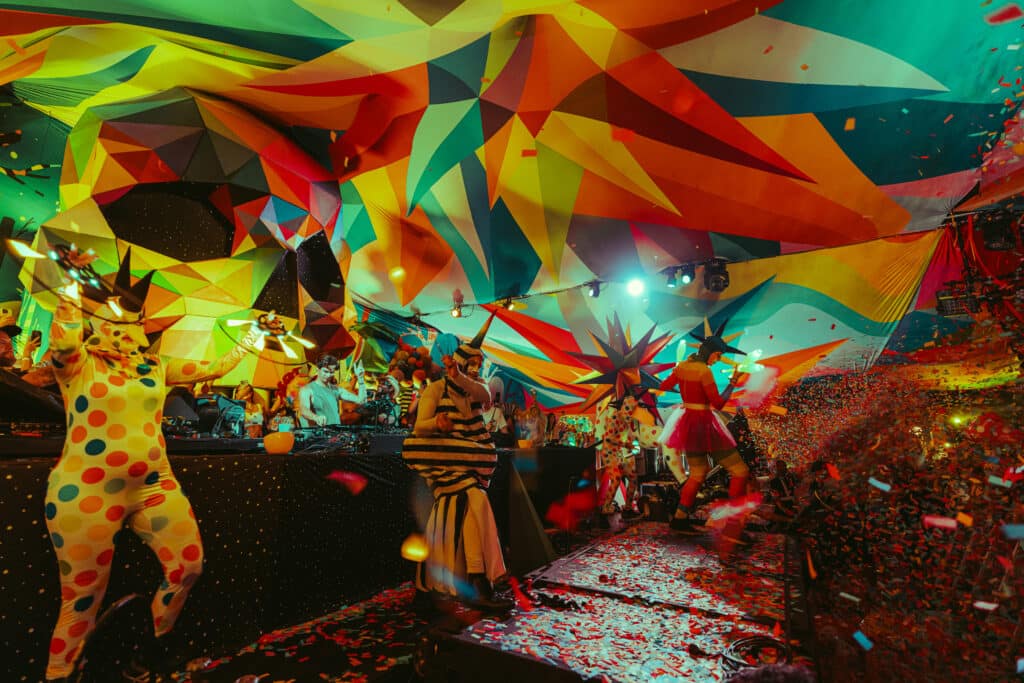
ARC has increasingly evolved and adapted over its four-year history.
Battling rising ticket prices and artist fees, ARC holds strong in its staunch commitment to house and techno music culture. This year, Auris Presents lowered the age requirement to 18+, likely a strategic move in response to the younger demographic of ravers and the growing influence of what is becoming affectionately known as “bro house.”
Conversely, ARC’s attempt to discourage kandi, furry boots, and even outright ban totems was a shocking contradiction that backfired spectacularly. While the festival endorsed inclusivity through diverse representation and lowered age restrictions, it seemed to overlook or dismiss the cultural significance of these items within the house and techno scene. Though some attendees felt marginalized, ARC’s rules and inconsistent approach to inclusivity were met with open defiance by unapologetic ravers proudly donning the forbidden items.
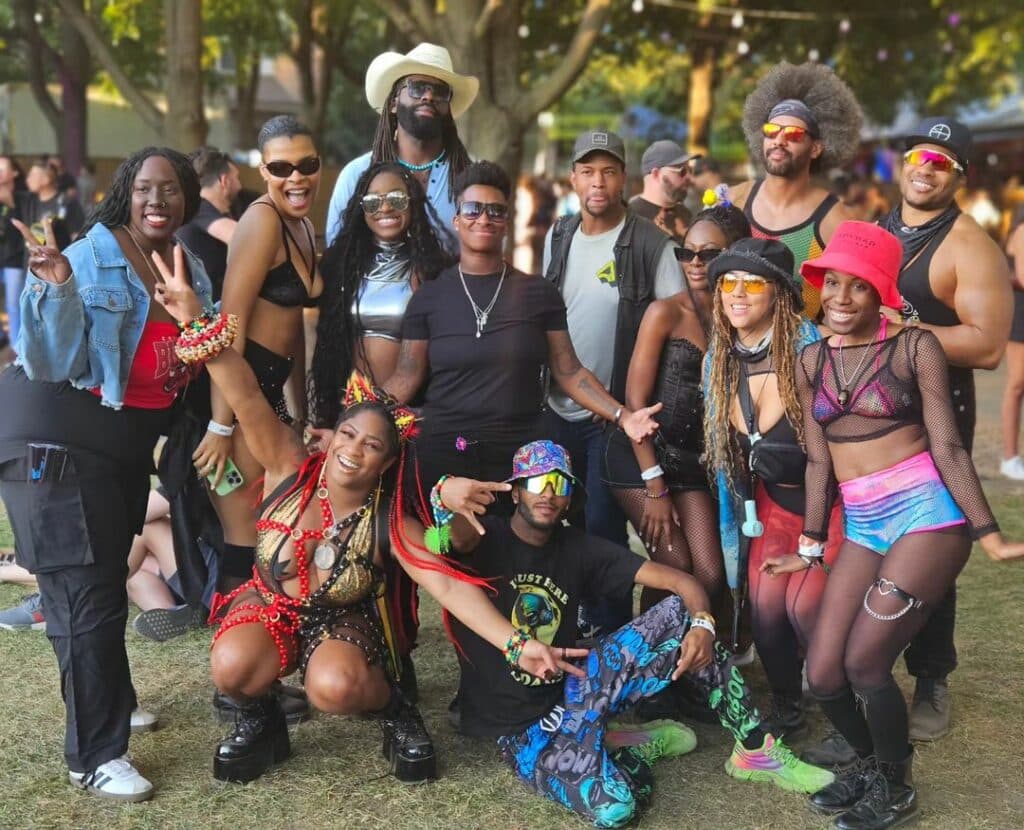
Next year will be a significant milestone for the Midwest’s premier music festival as it celebrates its fifth anniversary and faces a crucial moment to solidify its reputation.
While this year’s improvements to set design and production value were noticeable, concerns over the deterioration in sound quality, the cost-effectiveness of VIP packages, lowered age restrictions and seemingly arbitrary banned items clouded an otherwise remarkable weekend.
Social media feedback from this year’s event suggests that attendees perceived the Global VIP as overpriced outside of presale or phase one pricing. Most VIP package holders mentioned a preference for their experience in GA — with the exception of the climate controlled and well ventilated VIP bathroom trailers. The ICON VIP package, with a hefty starting price of $1,300, was widely considered overpriced compared to the amenities and benefits offered.
Additionally, VIP attendees complained about overcrowding in the exclusive viewing areas — particularly at the Expansions and elrow stages — and wavering sound quality at each stage throughout the weekend.
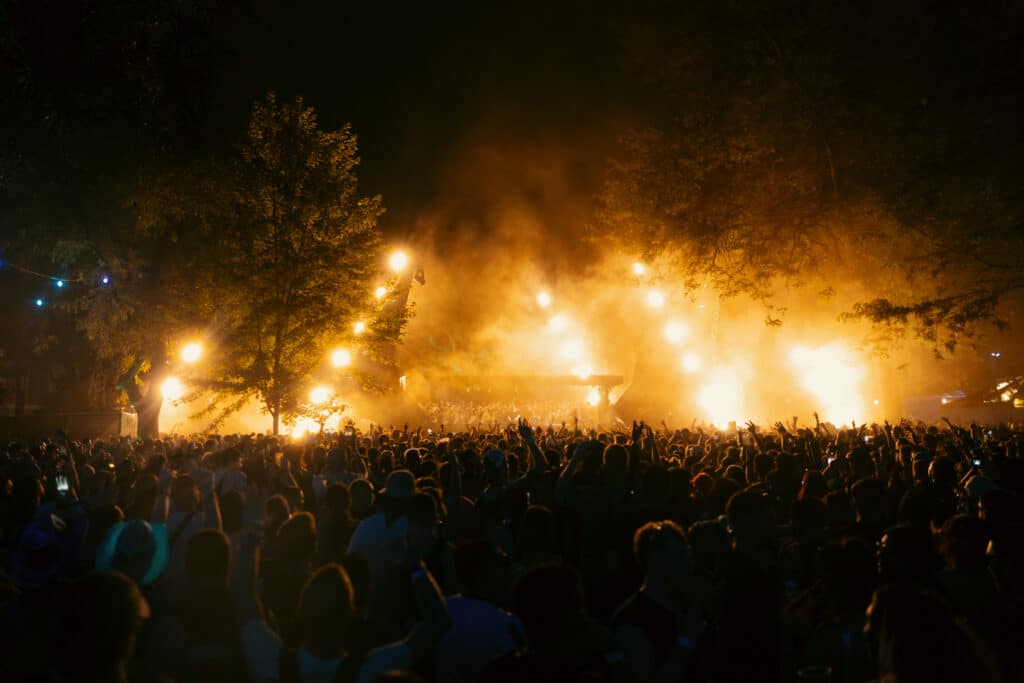
ARC nonetheless remains at the forefront of dance music festivals — not only in the Midwest, but in the United States.
In preparation for a milestone year, it’s crucial for ARC’s organizers to acknowledge and address these issues to ensure a positive experience for attendees. Resolving, or at least attempting to resolve voiced concerns will help retain the loyal fan base that has supported the festival’s expansion.
While no major festival is without growing pains, ARC’s lineup, schedule curation, and production are consistently unmatched year after year. The intentional investment in displaying the cultural impact of house and techno music in Chicago is indisputable. Annually, ARC is a must-attend festival. Its astronomical growth in popularity and attendance a testament to its appeal.



